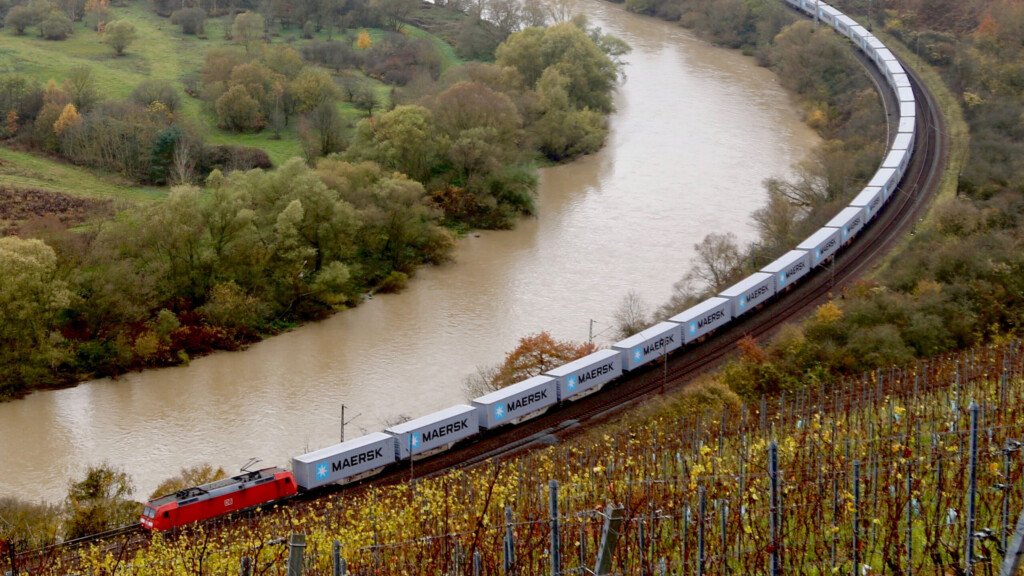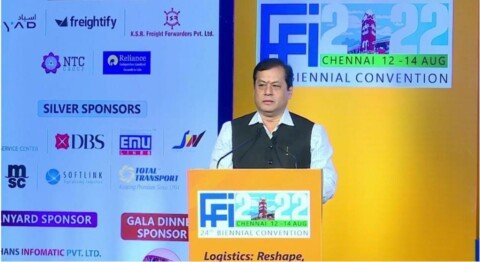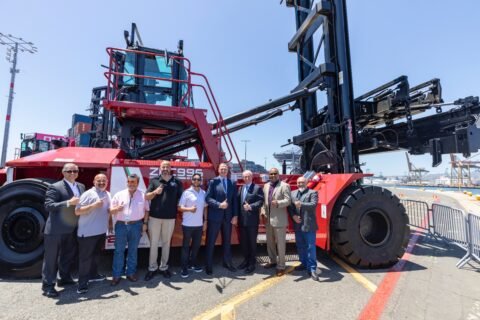Flexibility and reliability in supply chains have become an important aspect for importers and exporters, especially after the COVID-19 pandemic hit global trade last year. Indian exporters have been exploring possibilities of scaling up production and shipping it out of India to global markets. The underlying challenges in the post-COVID ecosystem, however, have limited the opportunities from time to time for such exporters – one of the biggest challenges being that of space availability from certain pockets within the country.
One of the largest exporters of iron pipes from the Eastern part of India was facing a similar issue with lack of adequate availability and connectivity of vessels. Maersk, with its commitment towards building integrated container logistics solutions for its customers stepped in to resolve the problem.
Building a truly end-to-end solution for the customer, Maersk offered to move the Doha-destined cargo on a dedicated train from Kolkata to Nhava Sheva port – this was the first time that such a movement took place from the East Coast of India to the West Coast – and then connecting the cargo to the required vessel. Not only was the landside transportation taken care of, Maersk also executed export customs clearance of the cargo before loading it on to the vessel. The cargo is expected to reach its destination in Doha over the coming days.
Commenting on the historic move in landside logistics in India, Steve Felder, Managing Director, Maersk South Asia said, “At Maersk, we believe in enabling trade by designing solutions that connect and simplify our customers’ supply chains. We have recognised the challenges that the COVID-19 pandemic has triggered in the ecosystem and are innovating solutions that didn’t exist in the past.” He added, “By providing landside movement on rail, customs clearance and ocean shipping out of India, we have offered the customer a truly end to end solution. With the first successful run, we are now looking forward to scaling it up in the coming weeks.”







